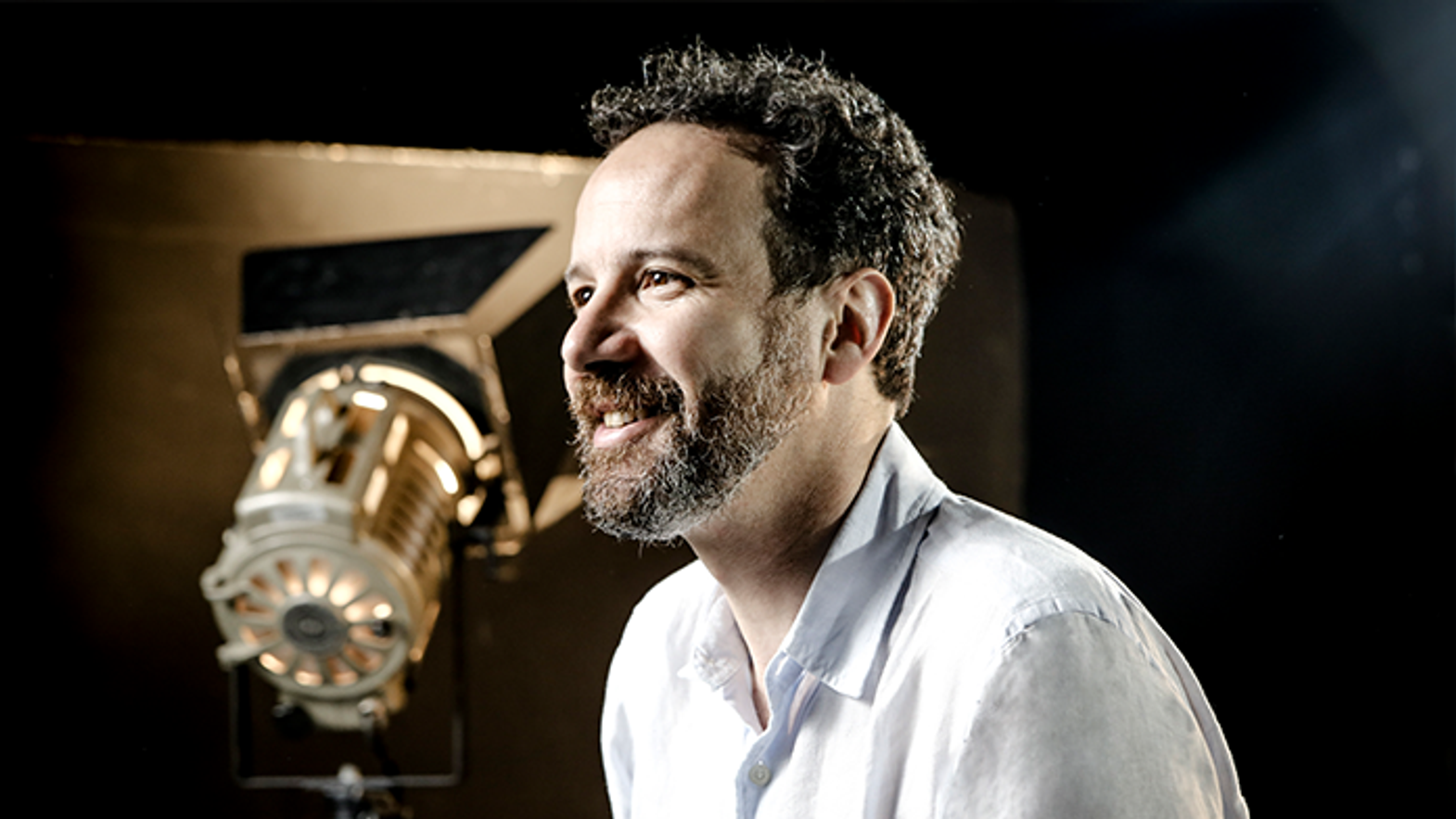Your query returned no results. Please change your search criteria and try again.
Loading...
Best match!
Films
Screening
On Demand
Best match!
People
Director
Best match!
News
Best match!
Press release
Best match!
Info page
